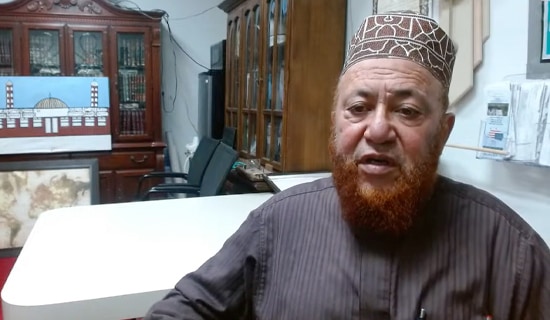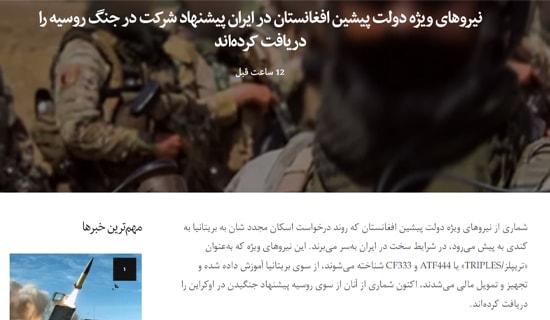An Islamist organization devoted to supporting Guantanamo Bay detainees and other prisoners held on charges of terrorism has posted three poems that it said it received from John Walker Lindh. An American citizen, Lindh was captured in Afghanistan in 2001, and is currently serving a 20-year prison sentence after agreeing to a plea bargain.
Each of the poems is signed "Abu Sulayman Al-Irlandi, Detainee #001," and dated Ramadan 1431 (i.e. August-September 2010). "Al-Irlandi" means "the Irishman," and the poems themselves contain additional nods to Lindh's Irish heritage, including a reference to himself as "a Mussulman [i.e. Muslim] Paddy."
The first poem, "The Ballad of the Fleas," is about the war in Afghanistan, and depicts the Americans as callous Crusaders, their local allies as un-Islamic hypocrites, and the Taliban as noble soldiers who have been unjustly maligned: "For wolves may foam and bark and bite / And gnash and gnaw and hiss / But if a sheep should dare bite back / He'd be a terrorist." The second poem, "Ode to Omar Khadr," is dedicated to a Guantanamo Bay detainee who is accused of having been a teenage Al-Qaeda operative. Much of this poem deals with alleged misconduct in Khadr's detention and trial: "I end with a message to every oppressor / To each gavel-grasping bench-squatting cross-dresser / As you judge you'll be judged and my closing remark is / A victory jig on the back of your carcass." The third poem, "A Mussulman Paddy's Epistle to Barry," is addressed to President Obama, and uses an inversion of Revolutionary War-era imagery to promise him defeat in Afghanistan: "So lie on the ground like a parcel of noodles / And sing how the Yankees were beat by Pushtoodles [i.e. the Pushtun]."
In a related matter, in August 2010 Lindh and another Muslim inmate have asked a federal judge in Indianapolis, where he is incarcerated, to allow them and other Muslims to pray as a group. The ACLU subsequently filed a motion on Lindh's behalf, claiming that the prison's policy violates the prisoners' First Amendment right to free religious expression. ...
The full text of this post is available to subscribers.
Please login or register to request subscription information from MEMRI





